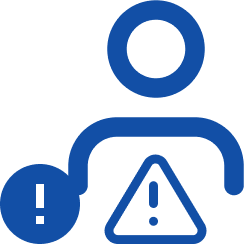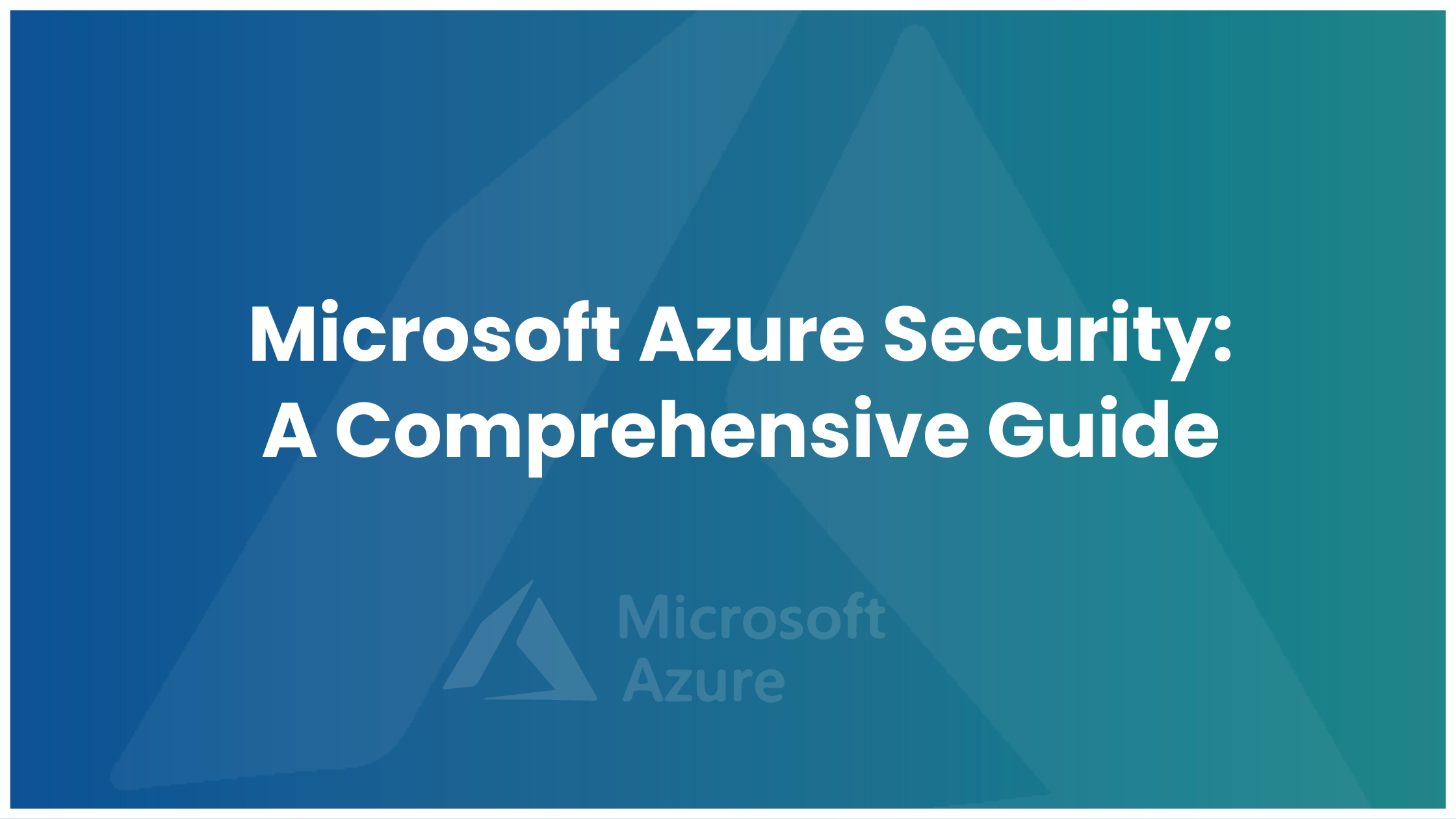Cloud computing has many benefits, including increased flexibility and scalability, but it also introduces a number of security risks that organizations need to be aware of.
In this blog we’ll be discussing some cloud security risks that you should look out for in 2023 :
Configuration mistakes :
“>One of the major risks to cloud security is attributable to simple human error, making it wholly avoidable. When a user or admin fails to correctly configure a cloud platform’s security setting, it results in a cloud misconfiguration. The execution of several cyberattacks, such as DDoS, ransomware, malware, or digital skimming, is made easier for attackers by these setup flaws.

Malware :
Resources are simple to share and access thanks to the cloud. As files go back and forth between the cloud’s internal and external networks on a regular basis, threat actors have more opportunity to get into the environment and introduce malicious code that will propagate and damage other parts of the network

API Vulnerabilities:
Application programming interfaces (APIs) and cloud software combine to create a crucial part of the cloud environment. Although organisations take care to protect their data on the cloud, they do not think to protect their API, which serves as a doorway for data theft. Additionally, developers end up introducing security holes that provide unauthorised access to business data by designing APIs with insufficient authentication

Account or service hijacking :
Hackers may try to gain access to your cloud account or services to steal sensitive data or disrupt operations.

Compliance and regulatory issues :
Resources are simple to share and access thanks to the cloud. As files go back and forth between the cloud’s internal and external networks on a regular basis, threat actors have more opportunity to get into the environment and introduce malicious code that will propagate and damage other parts of the network

Data theft :
Cloud access gives businesses 24/7 access to their data, allowing for immediate sharing and improved teamwork. On the other hand, as data can be easily shared with both internal and external parties, this also poses a threat to it. Additionally, businesses avoid it while migrating their data to the cloud because backing up such a vast volume of data is costly and time-consuming. As a result, data is exposed to various hazards, which might result in data breaches or the loss of important business information.

Shared technology vulnerabilities :
Cloud infrastructure is shared among multiple customers, so vulnerabilities in the underlying technology could potentially be exploited by attackers.

To mitigate these risks, it’s important for organizations to implement strong security measures, such as encryption, access controls, and monitoring, and to follow best practices for securing their cloud environments. SecuriGeek can help you protect your cloud from the inside out. We identify risks and design solutions that address those concerns; give you proactive insights into the health of your environment; and provide the visibility to quickly detect, contain, and eliminate threats for maximum peace of mind.




